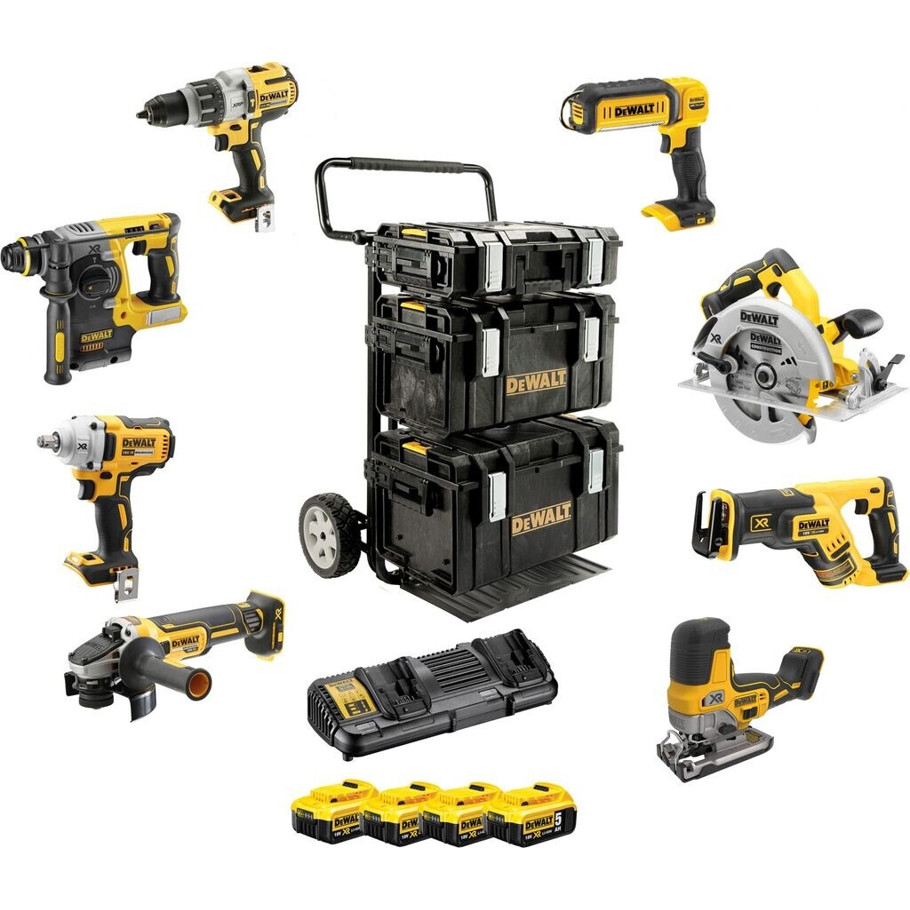Are The Advances In Technology Making Buy A Table Router Wood Better Or Worse?

Buying a Table Router: A Comprehensive Guide for Woodworking Enthusiasts
When it pertains to woodworking, precision and effectiveness are paramount. For many woodworkers, a table router is a vital tool that raises their craft, allowing them to create complex designs and ideal edge profiles. However with many choices offered in the market, picking the right table router can be frustrating. This guide will offer you with essential info on buying a table router, outlining key considerations, popular brands, and often asked concerns.
What is a Table Router?
A table router is a woodworking tool that permits the user to shape, cut, and groove wood in numerous methods by directing the wood over a turning bit mounted below a table. A table router offers higher control and stability, making it perfect for tasks such as edge profiling, making joints, and crafting ornamental patterns.
Benefits of Using a Table Router
- Precision: Table routers permit more precise cuts compared to portable routers, especially for complex styles.
- Adaptability: They can be used for multiple applications, such as edge finishing, joinery, and producing raised panel doors.
- Security: The stationary nature of the router and enclosed bits lower the threat of accidents.
Key Considerations When Buying a Table Router
Before purchasing, consider the list below aspects:
1. Types of Routers
There are typically 3 kinds of routers:
- Fixed-base Routers: These feature a repaired height, implying the depth of the cut can not be adjusted throughout operation however provides stability for precision work.
- Plunge Routers: These permit the user to decrease the bit into the material, making it much easier to produce grooves and other complex cuts.
- Combined Routers: These routers offer the very best of both worlds, enabling for modifications and versatility in different applications.
2. Motor Power
The power of the router motor is a crucial element, determined in horse power (HP) or amps. A higher power rating generally suggests better efficiency, specifically for thick or harder woods. For basic woodworking jobs, a 1.5 to 2.5 HP router should be enough, while sturdy tasks might take advantage of routers with 3 HP or more.
3. Speed Control
Variable speed settings offer flexibility, enabling the user to change the router speed according to the material being cut. Slower speeds appropriate for bigger bits and hardwoods, while quicker speeds are better for smaller bits and softer woods.
4. Router Table Compatibility
If you currently own a router or plan to develop a router table, guarantee that your picked table router works with the router table you have or plan to purchase.
5. Security Features
Think about designs with safety functions such as:
- Electronic brake: Stops the bit rapidly when the trigger is launched.
- Soft start: Gradually increases speed to prevent the router from leaping during startup.
- Dust collection system: Reduces dust build-up for a cleaner work space and much better presence.
6. Brand Name Reputation and Warranty
Picking a reputable brand can substantially affect the tool's reliability and performance. Additionally, search for brand names that offer service warranties, as this indicates confidence in their items.
Leading Table Router Brands
| Brand name | Notable Features | Warranty |
|---|---|---|
| Bosch | Accuracy and dependability, soft-start function | 1-3 years |
| DeWalt | High power, long lasting style, extensive bit choices | 3 years |
| Makita | Light-weight style, adjustable speed, exact | 1-3 years |
| Festool | Premium designs, incredible dust collection, peaceful | 3 years |
| Ryobi | Inexpensive, great for newbies, compact style | 3 years |
Comparing Features: Budget vs. Premium Routers
| Function | Budget Models | Premium Models |
|---|---|---|
| Motor Power | 1.5 - 2 HP | 2.5 - 3 HP |
| Speed Control | Minimal | Variable speed with dial |
| Develop Quality | Basic plastic parts | Metal real estate for toughness |
| Noise Level | Moderate | Quieter operation |
| Dust Collection | Fundamental | Advanced incorporated systems |
| Guarantee | 1 year | 3 years or more |
Regularly Asked Questions (FAQs)
1. Do I require a table router if I already have a handheld router?
While a portable router is versatile for numerous jobs, a table router supplies improved stability and accuracy for complex work, making it a rewarding investment for major woodworkers.
2. Can I use a regular router in a table?
Yes, many routers can be adjusted for table use. Nevertheless, guarantee that the router works with your router table's installing system.
3. How do I keep my table router?
Regular maintenance is important for longevity:
- Keep the base and bits tidy.
- Examine and tighten screws and bolts routinely.
- Replace worn or harmed bits promptly.
4. What is the finest bit size for a table router?
Bit size depends on the job. For edge profiling, quarter-inch to half-inch bits are common. For trivox-versand , larger bits might be needed, but ensure your router can handle the bit size.
5. Exist any security suggestions when using a table router?
Definitely! Use security goggles, keep hands clear of the bit, make sure correct securing of the wood, and work slowly for precision.
Purchasing a table router can significantly elevate a woodworker's abilities, offering accuracy, versatility, and safety. By comprehending the necessary functions and factors to consider, in addition to exploring respectable brand names on the marketplace, you can make an educated decision that fits your woodworking needs. Whether you're a hobbyist or a seasoned professional, a trusted table router can enhance your woodworking experience and help you create stunning jobs that display your skills.
Pleased woodworking!

